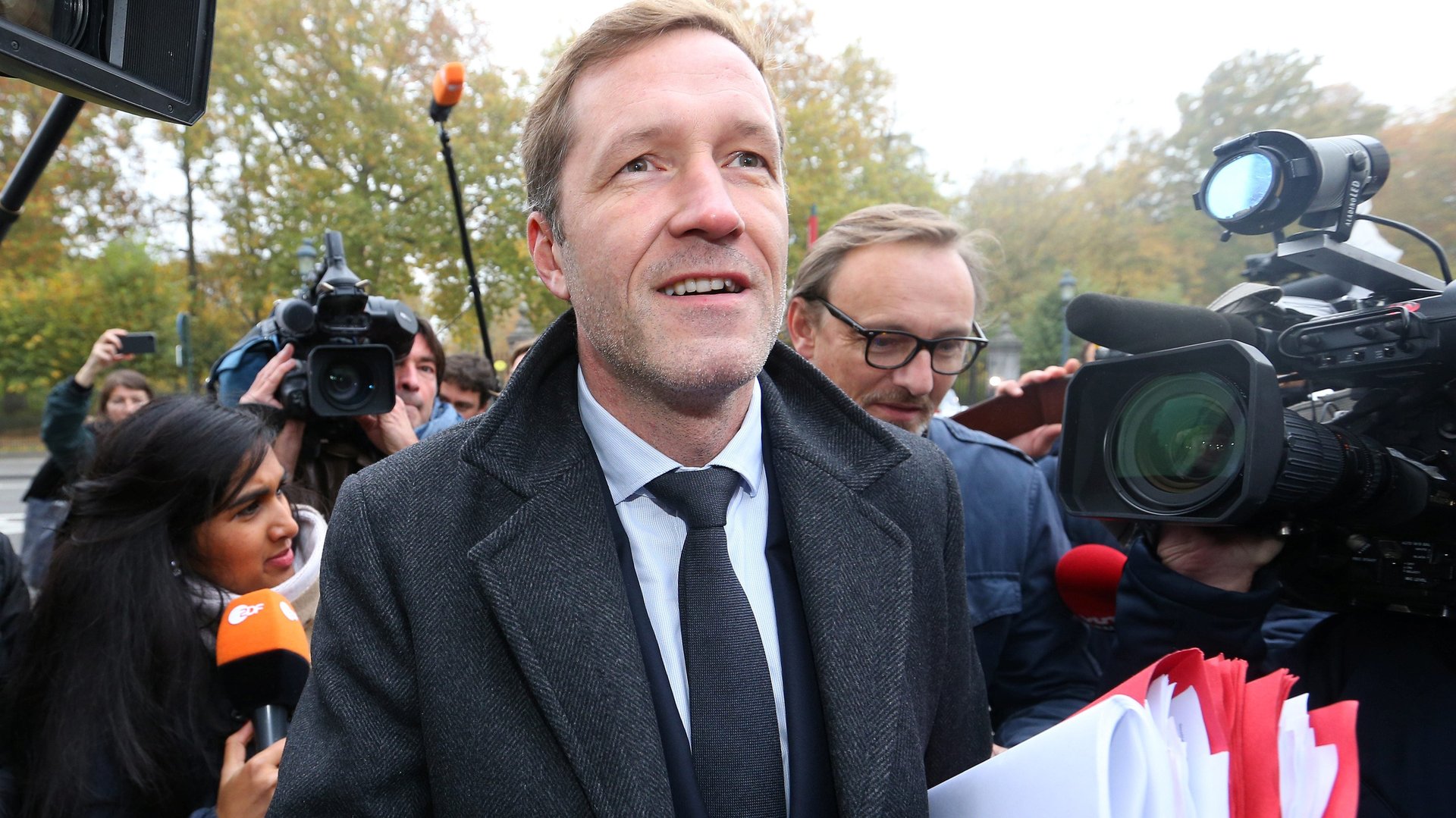Theresa May take note: The EU’s most ambitious trade deal was almost torpedoed by a small Belgian region
Few would have heard of Wallonia, a predominantly French-speaking region of Belgium, before this week. The Belgian region—with with a population of 3.6 million people—was thrust into the spotlight after it put the brakes on the European Union’s “most ambitious free trade deal to date.”


Few would have heard of Wallonia, a predominantly French-speaking region of Belgium, before this week. The Belgian region—with with a population of 3.6 million people—was thrust into the spotlight after it put the brakes on the European Union’s “most ambitious free trade deal to date.”
The EU and Canada began talks for the free trade deal, known as the Comprehensive Economic and Trade Agreement (or CETA), in 2009. CETA would have removed 98% of tariffs between the 508 million people living within the 28-nation EU and Canada, the world’s 10th biggest economy, saving EU exporters an estimated €500 million ($540 million) in duties annually.
The deal was meant to be signed today by all 28 EU members and Canada, but got delayed when Wallonia’s Socialist Party’s political leader and minister-president, Paul Magnette, refused to do so, echoing fears by anti-globalization activists that the deal gives too much power to multinationals. Under Belgian law, regional parliaments need to acquiesce to EU deals before the national government can sign them. Thus, thanks to a region representing just 0.7% (paywall) of the EU’s population, the deal was at an impasse.
With the block’s reputation as a credible trading partner (paywall) at stake, the EU engaged in marathon talks to save the deal. Belgian negotiators came out with a new deal, which now will have to be approved by the remaining 27 member states and Canada. ”This is good news,” Belgian prime minister Charles Michel told the Associated Press, adding with the new guarantees for farmers and the corporate dispute settlement system, the EU would finally be allowed to “sign the deal,” perhaps as soon as tomorrow.
Wallonia’s demand for stronger safeguards for workers and the environment is seen partly as a reaction to the rise of the far left Belgian Workers party, whose founding figures have been described as Maoists and radical communists.
The EU’s trouble with Wallonia over CETA spells trouble for Brexit (paywall). Britain may have to undergo the same, arduous process, negotiating with regional parliaments who may have a veto. A former trade commissioner told the Financial Times that any repeat of the CETA procedure would be a “very serious problem for Brexit.”
British prime minister Theresa May, who wants to secure a unique deal with the EU, has even more to worry about than regional European parliaments like Wallonia—there’s that angry, devolved parliament north of England called Scotland, for instance. Scotland voted overwhelmingly to stay within the EU, but may be forced to leave the single market if May pushes ahead with a so-called hard Brexit. If May fails to listen to Scotland concerns, the devolved government may turn around and “do a Wallonia,” sparking a constitutional crisis.